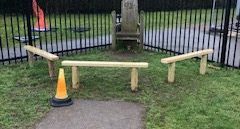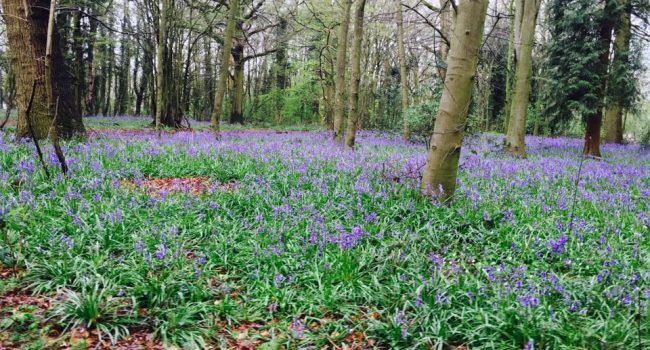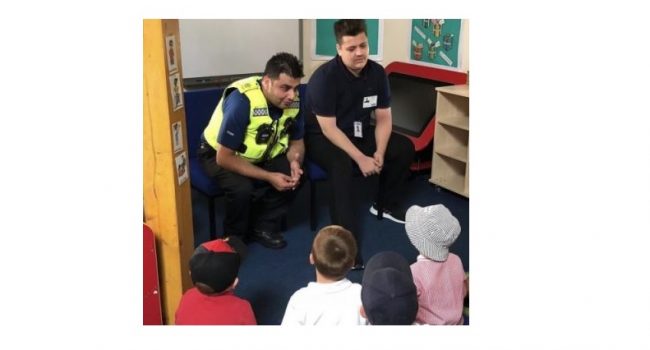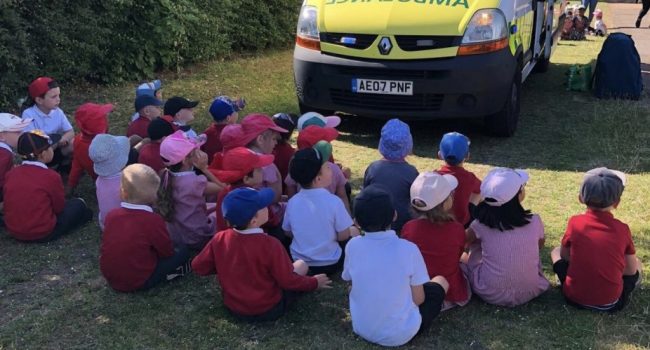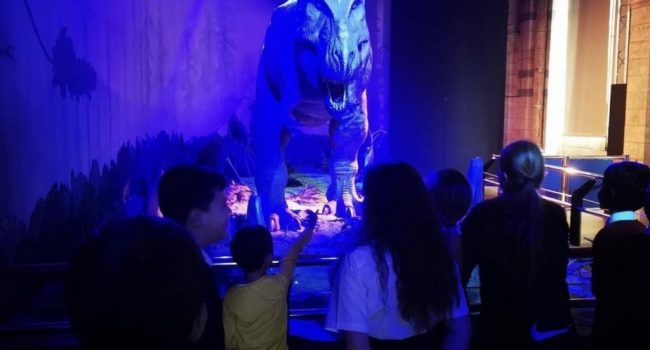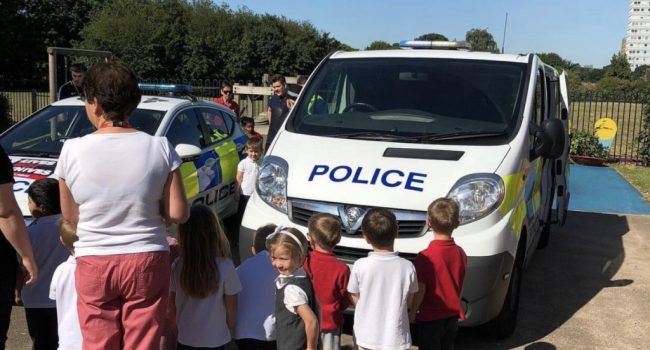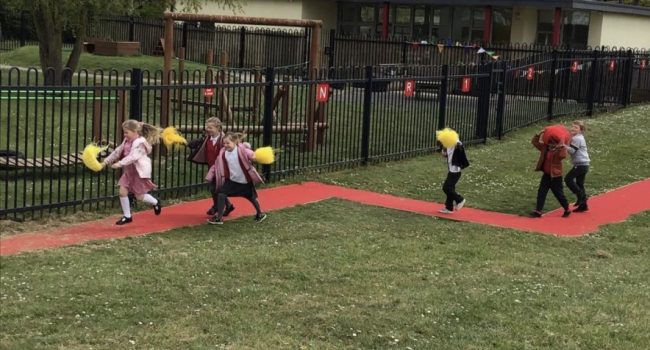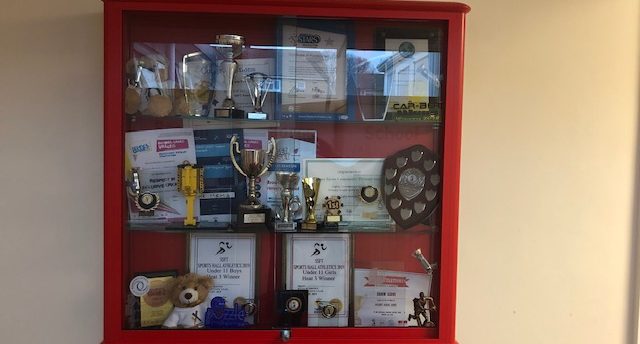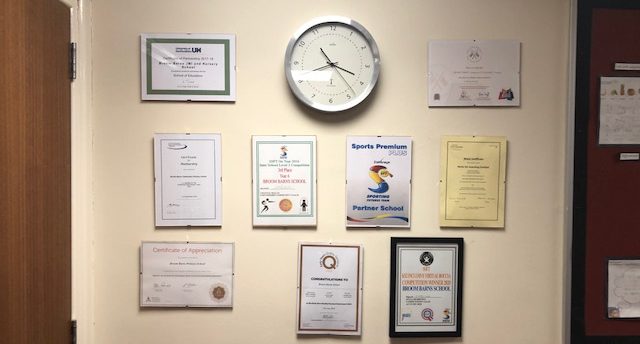We believe that personal development is a key building block for success and a fundamental part in a child’s development.
The intent of our Personal Development curriculum is for it to be accessible to all and for it to maximise the outcomes for every child so that they know more, remember more and understand more. We want our children to become healthy, independent and responsible members of a global community who understand how they are developing personally and socially and have the confidence to tackle many of the moral, social and cultural issues that are part of growing up. We provide our children with opportunities for them to learn about rights and responsibilities and appreciate what it means to be a member of a diverse society. Our children are encouraged to develop their sense of self-worth by playing a positive role in contributing to school life and the wider community.
The curriculum is delivered through every aspect of school life; every interaction with another child or an adult in school is a learning experience. It includes activities and experiences that improve awareness and identity, develop talents and potential, build character and cultural capital, enhance children’s quality of life and encourage aspiration.
Curriculum breadth shaped by our curriculum drivers – Creativity, Equity, Possibilities and Sustainability, derived from an exploration of the backgrounds of our children, our Broom Barns Values (including the British Values) and our commitment to delivering high quality education.
All aspects of the curriculum are mapped out in the overview of our whole school approach to personal development. Some are taught, some delivered through continuous provision, other experiences may happen less frequently e.g. visits and visitors.
Our Personal Development is delivered through all aspects of school life. At Broom Barns we believe that personal development is a key building block for success and a fundamental part in a child’s development.
It includes activities and experiences that improve awareness and identity, develop talents and potential, build character and cultural capital, enhance children’s quality of life and encourage aspiration.

